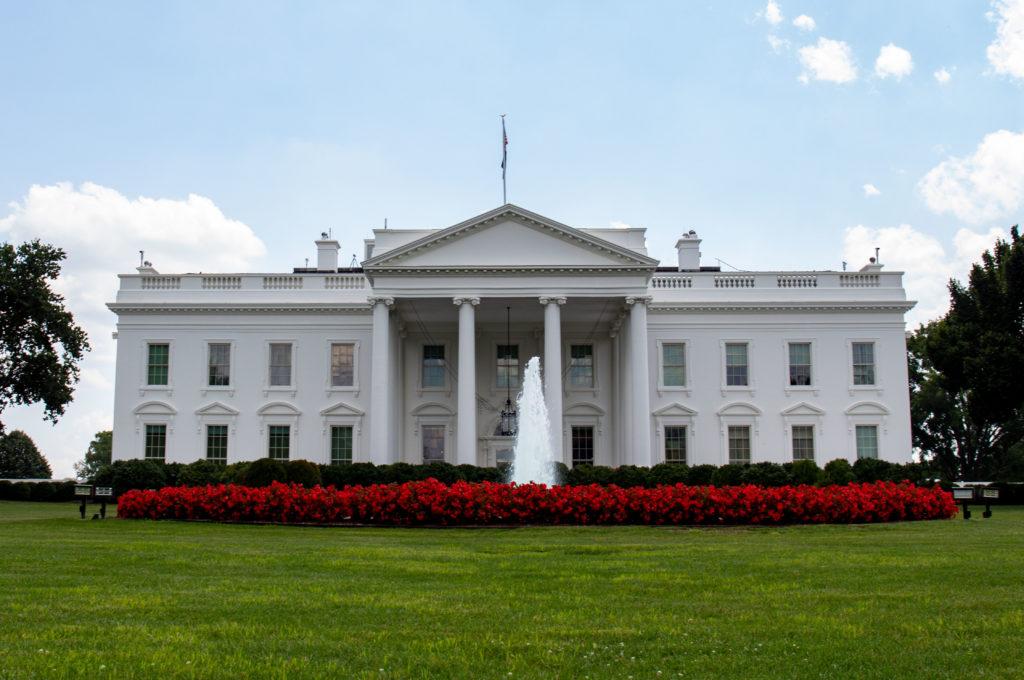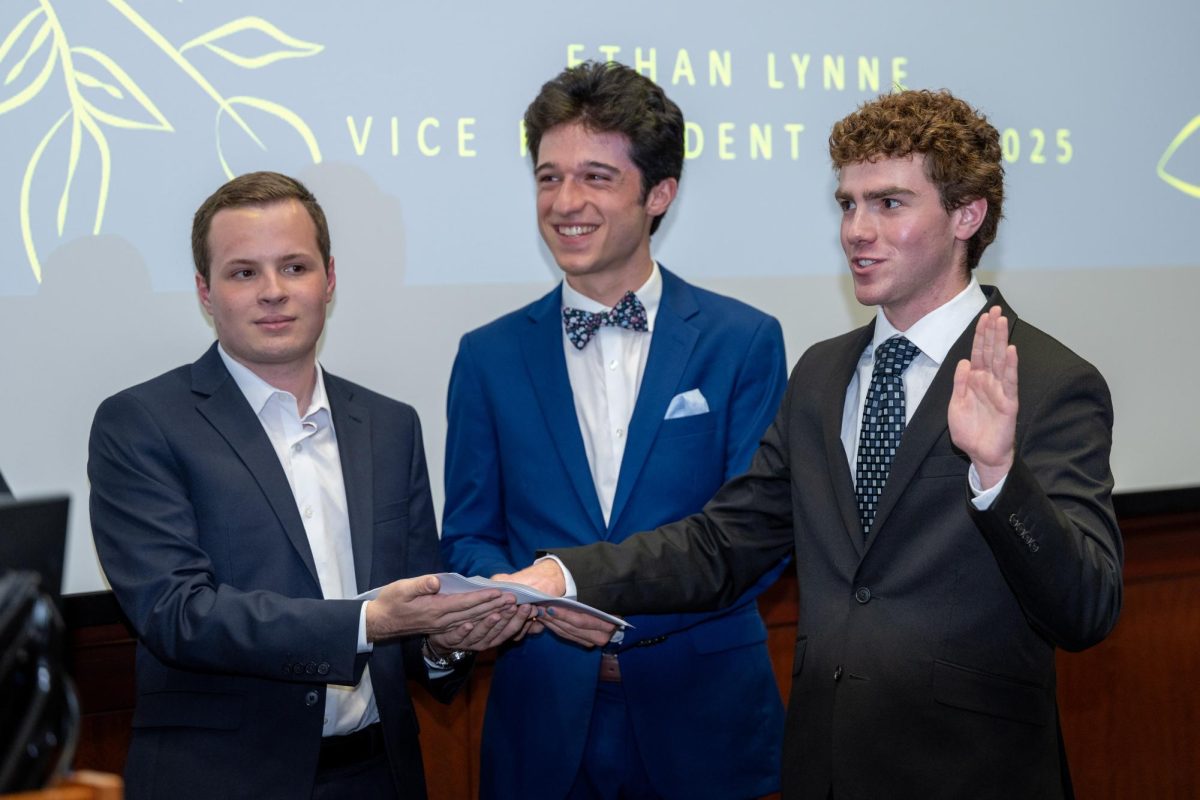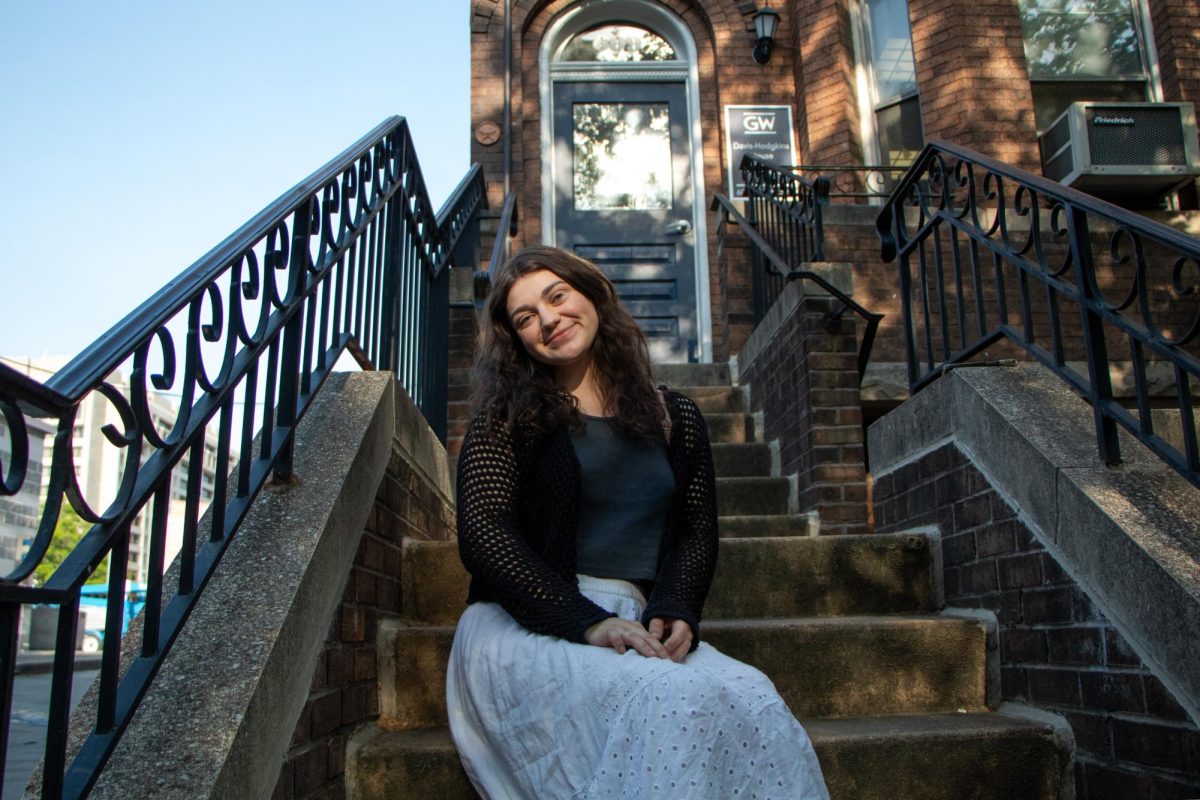The funding arm of the Student Association will boost its budget by at least $30,000 this spring by creating twice-annual “true ups” – or budget recalculations – of student activity money.
For the first time, the University will reassess the student activity budget at the start of each semester to more accurately reflect student payments into the pool and allow student groups more immediate access to the funds.
“We are able to utilize the entire student activity fee contributions for the year during that year, rather than having a bunch of that money roll over to the next year,” junior John Bennett, the SA Senate Finance Committee chair, said.
Bennett explained that the funding pool fluctuates from semester to semester because of students who choose to change their course load while classes are in progress. For each credit hour taken at the University, $2 is added to the student organization funding pool. Each student pays $1.50 per credit and GW supplies the other 50 cents.
The finance committee, which coordinated this additional review of fees, said the added funds could also mean more programming opportunities toward the end of the year, a busy time for planning events.
This year’s student organization budget is about $950,000, a figure estimated in October by the budget office.
Director of the Center for Student Engagement Tim Miller, who has worked with Bennett and SA Executive Vice President Ted Costigan to organize the true up, said their efforts have also helped formalize the University’s policies on who pays how much for the student activity fee.
Bennett said there was “a lot of ambiguity in the process” because the budget office’s bylaws did not formally reflect the fees paid by populations of students such as distance learners.
Miller explained that having more immediate access to the funding is not only important for planning end-of-the-year events but also more fair to students contributing the money.
“You should be able to spend the money you put in the pot. Students don’t want their money to help things next year,” Miller said.
Of this year’s budget, about 85 percent was doled out in initial allocations. This was the first year in which organizations received their funding up-front rather than applying for co-sponsorships throughout the year, putting the onus on organizations to carefully allot money for events and operational costs throughout the year.
At last spring’s SA Senate meeting in which the overhauled funding process was approved, senate members expressed concern that groups would run out of money toward the end of the semester.







